Homemade All-Purpose Weed Killer
Welcome back to our blog series on homemade chemical free weed spray recipes you can safely make at home! Just like all of our DIY products, these recipes are non-toxic and safe for use around your family and pets–but please read the recipes carefully before using! Many of these recipes create an un-targeted herbicide, meaning they will most likely damage your grass and other plants if you broadcast spray.
Please note: These recipes should only be used on green, healthy lawns that are not currently under drought or heat stress.
Common Lawn & Garden Weeds
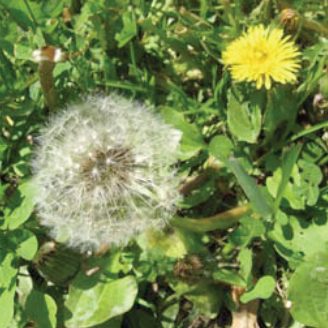
Dandelion
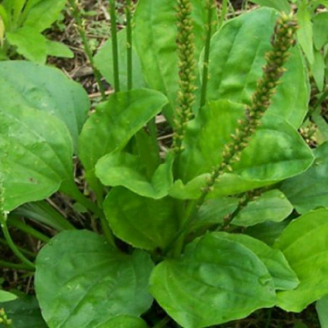
Plantago / Plantain
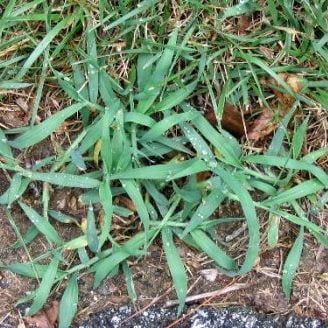
Crabgrass
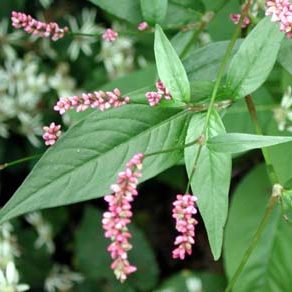
Smartweed / Knotweed
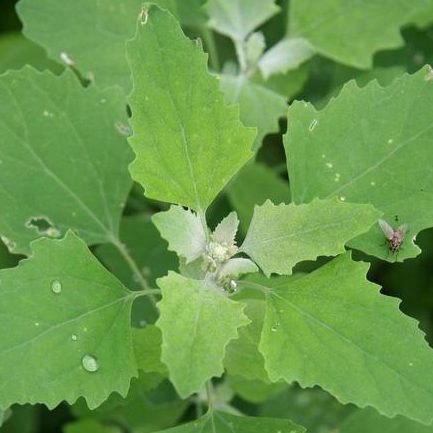
Lambs-Quarter
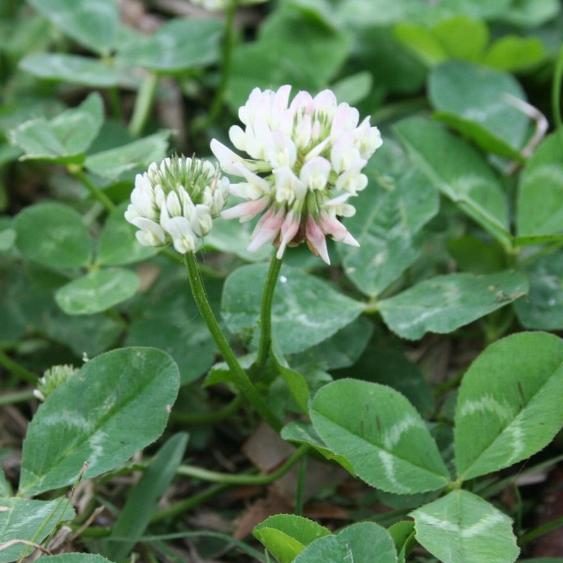
White Clover
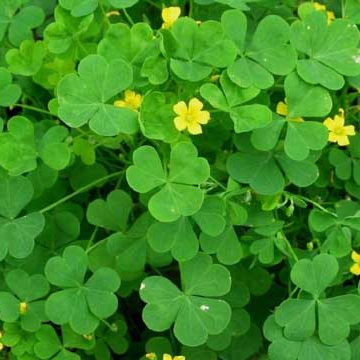
Oxalis / Wood Sorrel
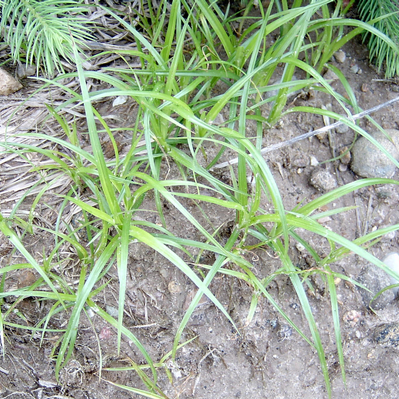
Nutsedge
Non-toxic All-Purpose Weed Spray and Vegetation Killer
What you’ll need:
- Pump sprayer (we like the Chapin 1 gallon pump sprayer)
- 1 cup of regular table salt (fine grain for quick dissolve)
- 1 gallon of plain white vinegar (for even more power, try an industrial strength white vinegar at 20% or 30% concentrate!)
- 1 tablespoon liquid dish soap
How to apply: Set your sprayer to a medium-fine spray pattern and coat the leaves of any weeds you are targeting with your homemade weed spray, being careful to avoid spraying the grass or any other plants you want to keep. If the weeds you are targeting are too close to grass or plants that you want to protect, instead of using a pump sprayer you can use a paint brush or sponge to coat the top of the leaves, and the bottoms if you can. Don’t bother with stems. Plants will begin to show signs that they are dying within 24 hours.
You may have to repeat these applications once or twice to fully kill the weed. Plants with well developed root systems may be able to recover from the initial spraying, so if you see any signs of life 5-7 days later, hit them again.
What to do after the weeds are dead: Most of the time, once a weed is taken care of the grass will move to fill in, so long as the soil is in good shape. If you have any bare spots in your lawn after killing larger weeds or patches of weeds, seed ASAP or put down straw to prevent new weeds from taking hold. In your garden, cover any bare spots with mulch.
If you accidentally sprayed your grass with this mixture, are concerned about the salt content in your soil, or if you want to give your grass some extra protection before you treat the weeds, consider an application of Spotless Lawn (which is designed to remediate dog urine burn) or Nature’s Magic. Both of these products contain ingredients that can repair salt damage and improve plant stress tolerance.
WARNING: Never pour this solution on garden or lawn areas. The excessive salt could ruin the soil and prevent anything at all from growing. If your do accidentally spill this on your lawn, spray the area down immediately with water to dilute, and follow up with an application of Spotless Lawn as soon as possible. If you’re using this on a patio or driveway to handle weeds growing in gravel or between pavers, go nuts! Just keep it away from any lawn or garden beds at the edges of the driveway or patio.
As always, make sure you don’t mow your lawn too short! Short grass can expose the bare soil below and leave your lawn vulnerable to new weeds and moss spores.
If you have found a non-toxic weed control method that works for you and are willing to share it with the lawn care and gardening world, please let us know!
We use affiliate links in some of our posts, which means that we may receive a commission at no extra cost to you if you make a purchase through these links.


